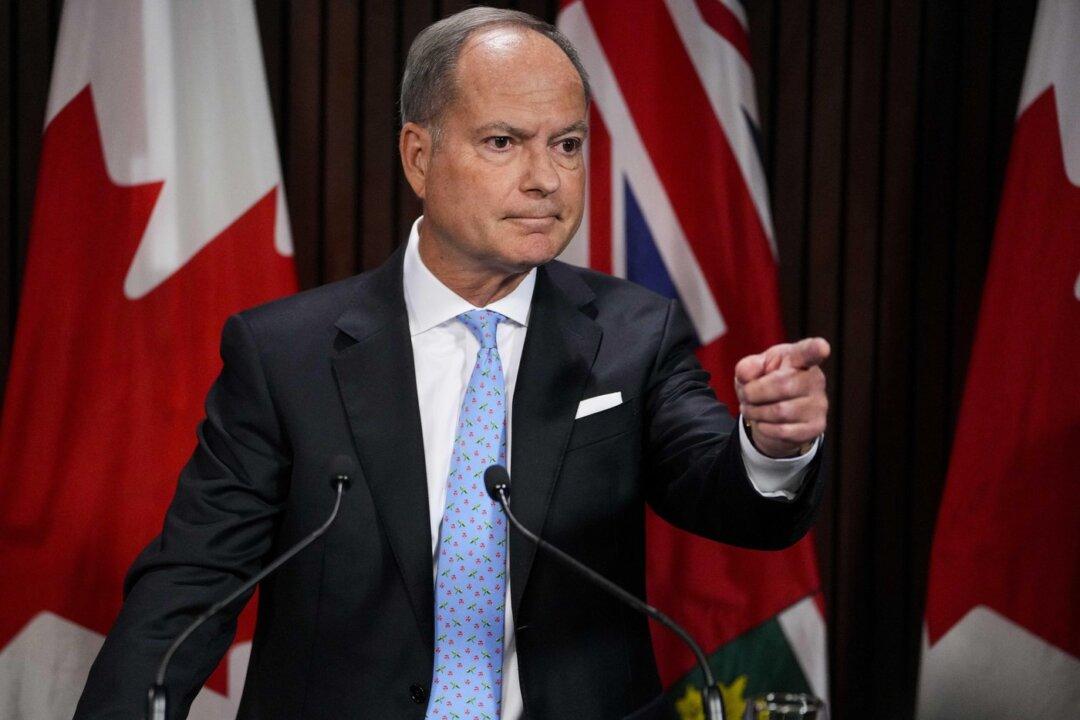Ontario’s finance minister says the province will match Ottawa’s tax holiday by removing its provincial sales tax on products excluded from existing provincial rebates.
Prime Minister Justin Trudeau announced his government’s plan last week to implement a GST break on items like groceries, children’s clothing, restaurant meals, and alcohol in a bid to “put more money in people’s pockets” during the upcoming holiday season.





